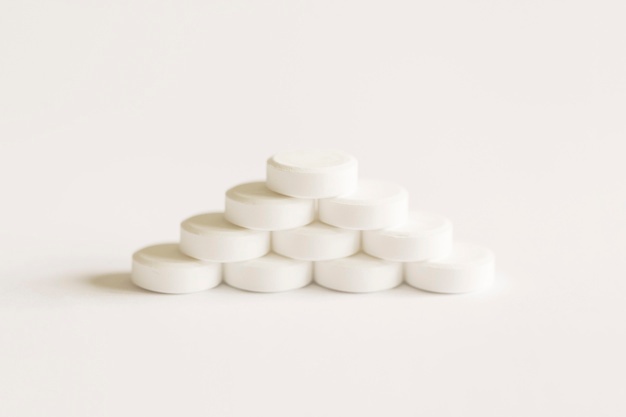What You Need to Know About Hydrocortisone Tablets
Many of us associate hydrocortisone with a topical cream that is normally applied to treat localized inflammations and skin conditions such as eczema. However, did you know that this medication also comes in the form of a tablet? This is important, as hydrocortisone that is administered orally has the capability to dealing with many other medical issues. Let us take a look at these tablets in a bit more detail.
Contents
What are the Purposes of Hydrocortisone Tablets?

There are many uses associated with hydrocortisone tablets. One of their primary intentions is to be used as a replacement for those who are suffering from adrenal insufficiency. However, a handful of other purposes include:
- The treatment of specific skin conditions.,
- Mitigating the effects of arthritis.
- Treating ulcerative colitis.
- Improving certain lung disorders.
We can now see that these tablets offer a wide range of benefits. Of course, the exact condition being treated will often determine the size of the dosage. This leads us into the next main section.
What Dosages are Available?
As you may have already imagined, the amount of hydrocortisone will depend upon the severity of the underlying condition. Experts generally agree that this amount will vary between 20 milligrams and 240 milligrams. Those who are sensitive to this medicine will normally receive a smaller dose in order to appreciate their tolerance. Also, some doctors may increase or decrease the amount of hydrocortisone per tablet in direct relation to how it is affecting the underlying condition.
Is There Anyone Who Should Not Take Hydrocortisone Tablets?
The good news is that this medication can be taken by both children and adults. However, we also need to remember that certain situations may increase the chances of developing side effects. For instance, women who are pregnant or breastfeeding should not take this medication. This is also true for anyone who has had an adverse reaction to hydrocortisone in the past. Here is a partial list of some conditions which may be concerning:
- Anyone with an open wound (such as immediately after surgery).
- Those who have been diagnosed with high blood pressure.
- Anyone with an ongoing infection.
- Those who may have been exposed to chickenpox, mumps, or measles.
- Anyone who has been diagnosed with an underactive thyroid gland (hypothyroidism).
Be sure to speak with a physician before taking any type of medication.
Are There Any Side Effects?

As hydrocortisone is a relatively weak steroid, the side effects tend to be fleeting and mild. Here are some of the most common:
- Feelings of tiredness or dizziness.
- An upset stomach.
- Headaches and/or migraines.
- Muscle pains.
While severe side effects are rare, situations such as a very high fever or a swollen face should be quickly diagnosed by a medical professional. Of course, feel free to speak with your doctor in order to learn more about orally administered hydrocortisone.
Read Also:
- How to Treat a Yeast Infection in Adult Males
- Lighten Up Your Skin with These Hydrating Creams This Summer
- What Causes Skin Hyperpigmentation: 7 Contributing Factors


